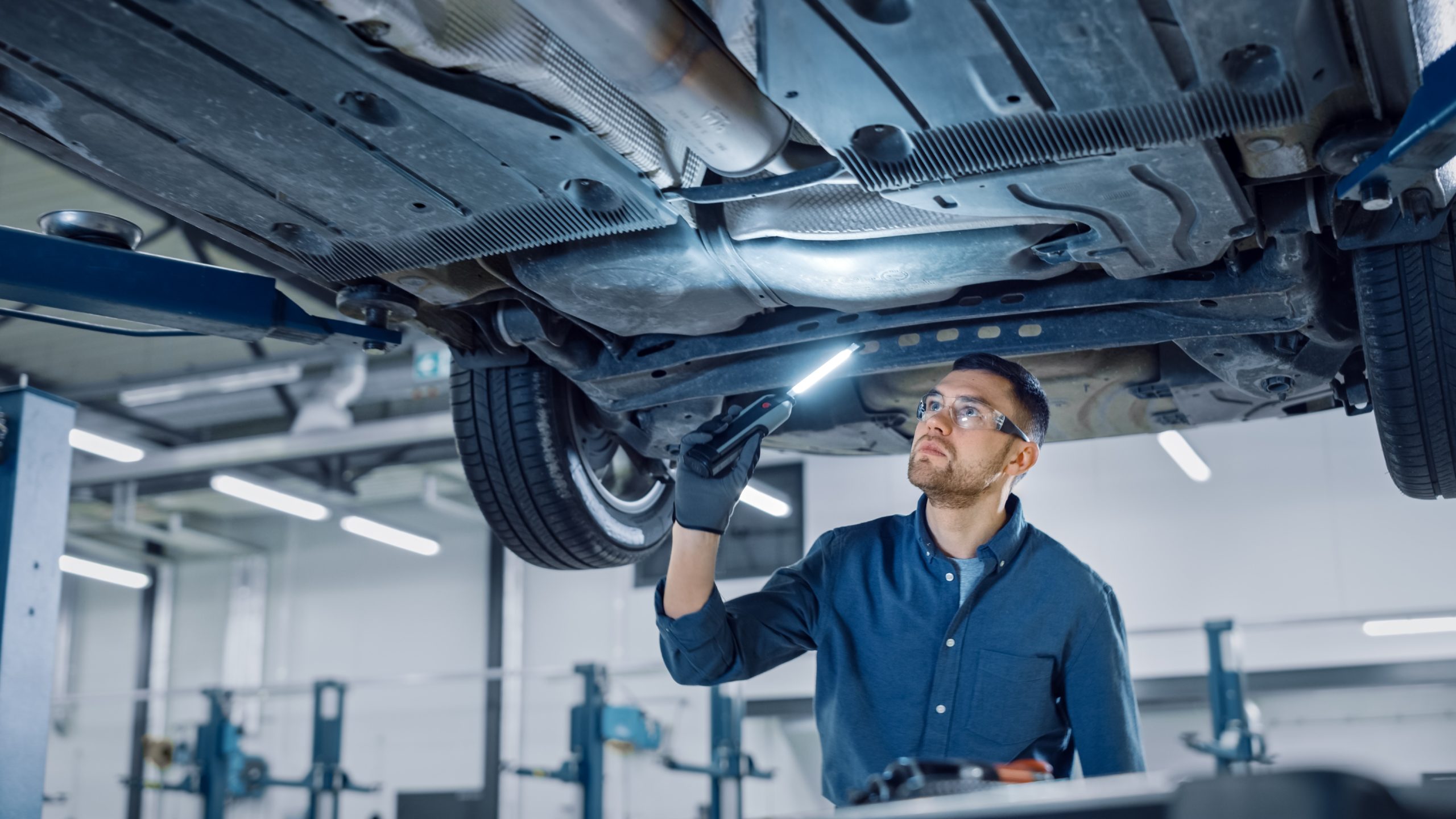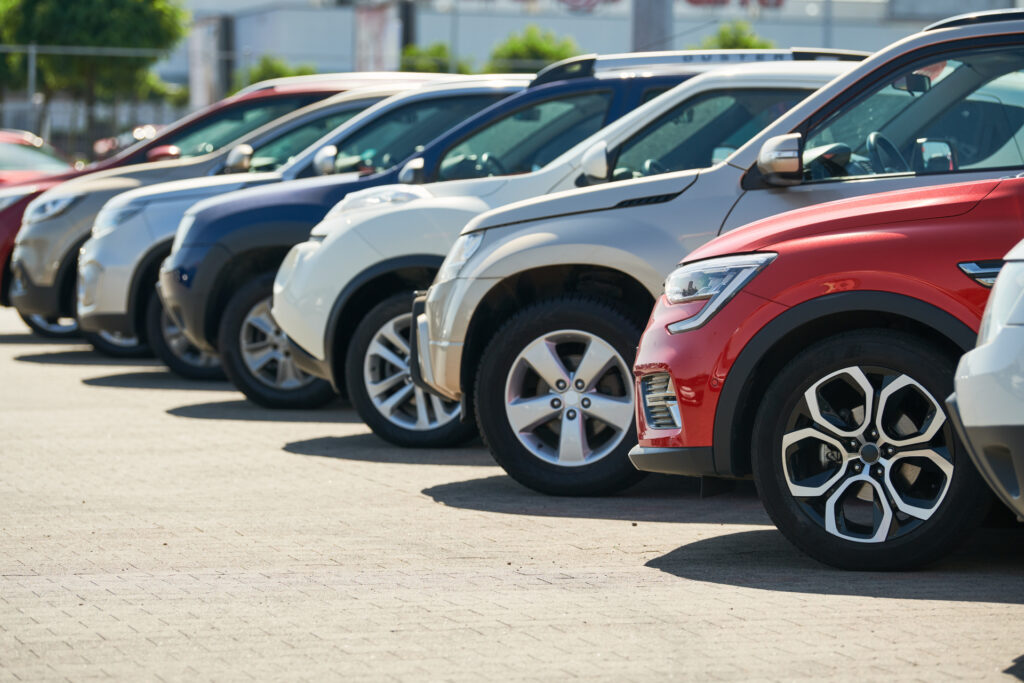Independent technical reports
Our Codes set the standard for fair and transparent business in the automotive sector, giving consumers confidence and holding businesses accountable to high levels of service.

Getting a technical report
Vehicles are complex pieces of machinery and, when we look at complaints, it can be helpful to have technical evidence – preferably from an independent source – that tells us exactly what’s gone wrong and why as whilst we’re experienced in automotive disputes, we’re not mechanics or technicians.
We’re an evidence-led service, so if you want to tip the balance of the case in your favour, you must be able to show us why, and technical evidence can be useful in doing that.
When should I get technical evidence?
There are a few situations in which it is usually helpful to have technical evidence that backs up your side of the story. These include:
- When you’re trying to reject a car, or obtain some other remedy from the dealership who sold you the vehicle, and it’s been more than 6 months since you bought the car – because, under the Consumer Rights Act 2015, you’re under the burden to prove that the dealership sold you the car, and this can be really helpful in doing that;
- When a manufacturer has declined your warranty claim because your vehicle has been assessed and they don’t think the issue is because of a manufacturing defect;
- When an extended warranty provider has said your claim isn’t covered under the terms and conditions of the warranty, for example because the issue is due to wear and tear;
- When you think a dealership or garage has failed to service your vehicle properly, their diagnosis is incorrect, they’ve completed unnecessary repairs, or the repairs completed haven’t solved the problem.
Is there any criteria that technical evidence needs to meet?
Anything you provide to us will be considered when we look at your complaint. However, if you want to ensure that your technical evidence is robust and persuasive, then we’d recommend the following:
- Approach a body who is independent from the dispute and could not be considered biased: try not to use a friend, family member or a garage that could be considered a competitor or might have a conflict of interest i.e. they repaired the car previously;
- Make sure you choose someone who is qualified to provide their opinion on the issue – for example, if your problem is about paintwork, then you might want to ask a bodyshop to look at it;
- Tell the independent assessor that you’ll need their findings in writing, as we won’t be able to rely on a verbal opinion given to you directly;
- Give the independent assessor clear instructions on what needs to be reported, and make sure the car is in the right state for them – the car may need to be stripped, for instance, so they can look at the fault or they might need to road-test the car.
What if the business wants to have an independent inspection carried out on my car?
Usually, it’s fair to give a business access to your car so they can have an independent inspection carried out themselves. They’re just as entitled as you to collect and present evidence – and it’s a reasonable request to make.
However, if you’re concerned, then you can ask to be present at the inspection. That way, you can observe what’s happening with your vehicle and make sure the assessor is being given the right information.
One option could be to offer a joint inspection to the business. This is where you and the business agree an inspector and each pay for half of the cost. This saves costs and time, as only one report has to be carried out rather than two and can be a good way of breaking the deadlock between you both.
Will you always ask for technical evidence?
Not always, as it depends on your case and whether we think you need it. However, if your case is reliant on us making a decision about whether the vehicle is faulty, if a problem should be repairable under warranty or if an accredited business has failed to take reasonable care and skill with their diagnosis, repair and/or servicing, then it’s likely we’ll need something from you to prove your case.
You can go through our full process without providing technical evidence, if you wish. However, if one of our team asks for it and it’s not provided, then we may not be able to find in your favour.
If we think we’ll need it, we’ll try to ask for it as early as possible.
Will I have to pay?
At first, yes – which is why it’s important to look into whether getting technical evidence is the right step for you.
It’s also worth bearing in mind that if you want to try and claim any costs back, they have to be reasonable and proportionate. For instance, if you’ve spent £1,000 on a technical report that could have cost £200 elsewhere, it’s unlikely you’ll be able to claim back the full cost unless you can show you had no other options. We’d always recommend letting the business you’re in dispute with know that you’ll be seeking independent technical evidence, to give them the opportunity to resolve this without incurring extra costs.
If you still need to obtain technical evidence, and it proves your case and we uphold it, we won’t leave you out of pocket. So, if it’s cost you money to get that information, we’ll award the cost back to you. Make sure you keep any invoices or receipts, as we might need evidence of how much you’ve spent. Just remember that if the inspection doesn’t support your complaint, then you may not get your money back.
Who offers independent reports?
Here are links to organisations which are known within the motor industry to provide further information about and access to independent technical reports.
ACE: Automotive Consulting Engineers is a company providing independent technical reports nationwide.
IAEA: The Institute of Automotive Engineer Assessors accredits engineers who can provide independent reports. Enter your postcode, and you’ll find an engineer local to you.
Disclaimer: The choice of service provider for technical reports is entirely at the discretion of the consumer. While certain individuals or organisations may be referenced, this does not constitute a recommendation or endorsement by The Motor Ombudsman. Other professional bodies may be available, provided they meet the required high standards.
No financial incentives are received in relation to these references. It is the responsibility of the consumer and the chosen provider to negotiate terms independently.







